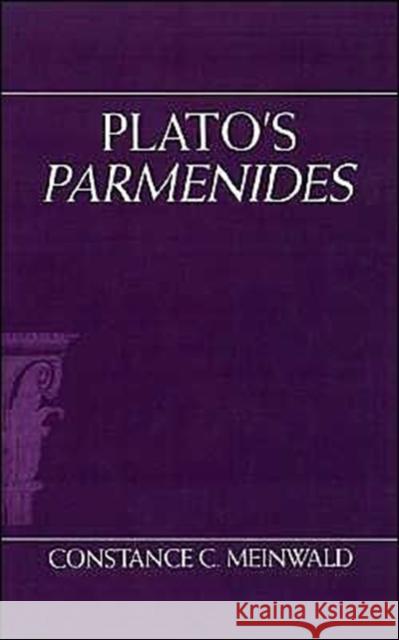Plato's Parmenides » książka
Plato's Parmenides
ISBN-13: 9780195064452 / Angielski / Twarda / 1991 / 208 str.
The Parmenides is notorious for the criticisms it directs against Plato's own Theory of Forms, as presented in the middle period. But the second and major portion of the dialogue has generally been avoided, despite its being offered as Plato's response to the problems; the text seems intractably obscure, appearing to consist of a series of bad arguments leading to contradictory conclusions. Carefully analyzing these arguments and the methodological remarks which precede them, Meinwald shows that to understand Plato's response we need to recognize his important distinction between two kinds of predication. Read in the light of this distinction, the arguments can be seen to be sound, and the contradictions merely apparent. Meinwald then proceeds to demonstrate the direct application of Plato's crucial innovation in solving the problems of the first part of the dialogue, including the infamous Third Man. On Meinwald's interpretation, the new distinction is associated with developments in metaphysics which take Plato well beyond the problems commonly thought to tell against Platonism.











